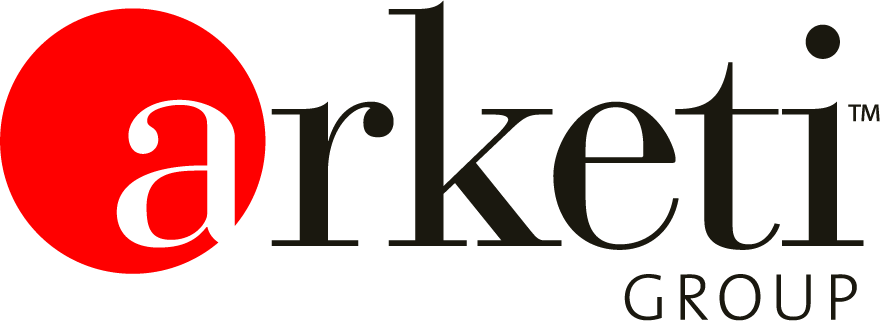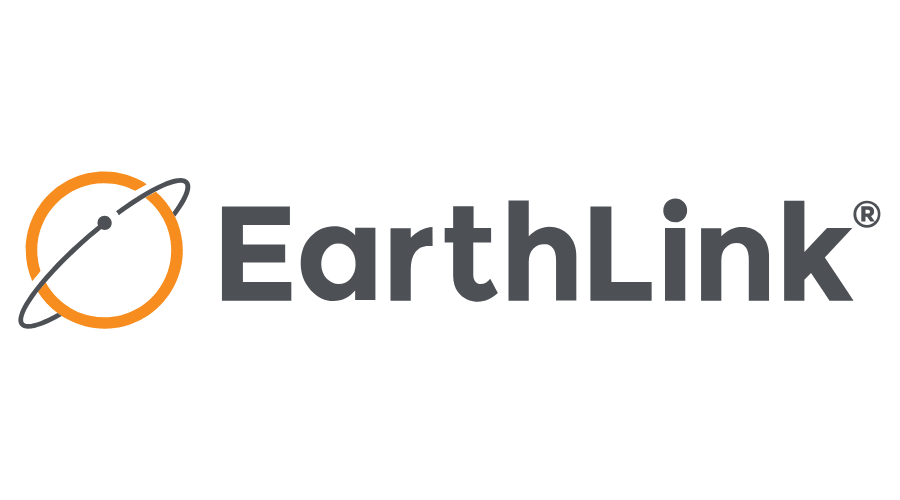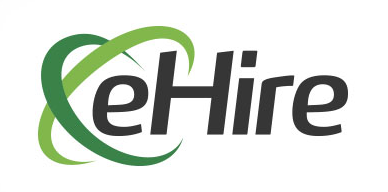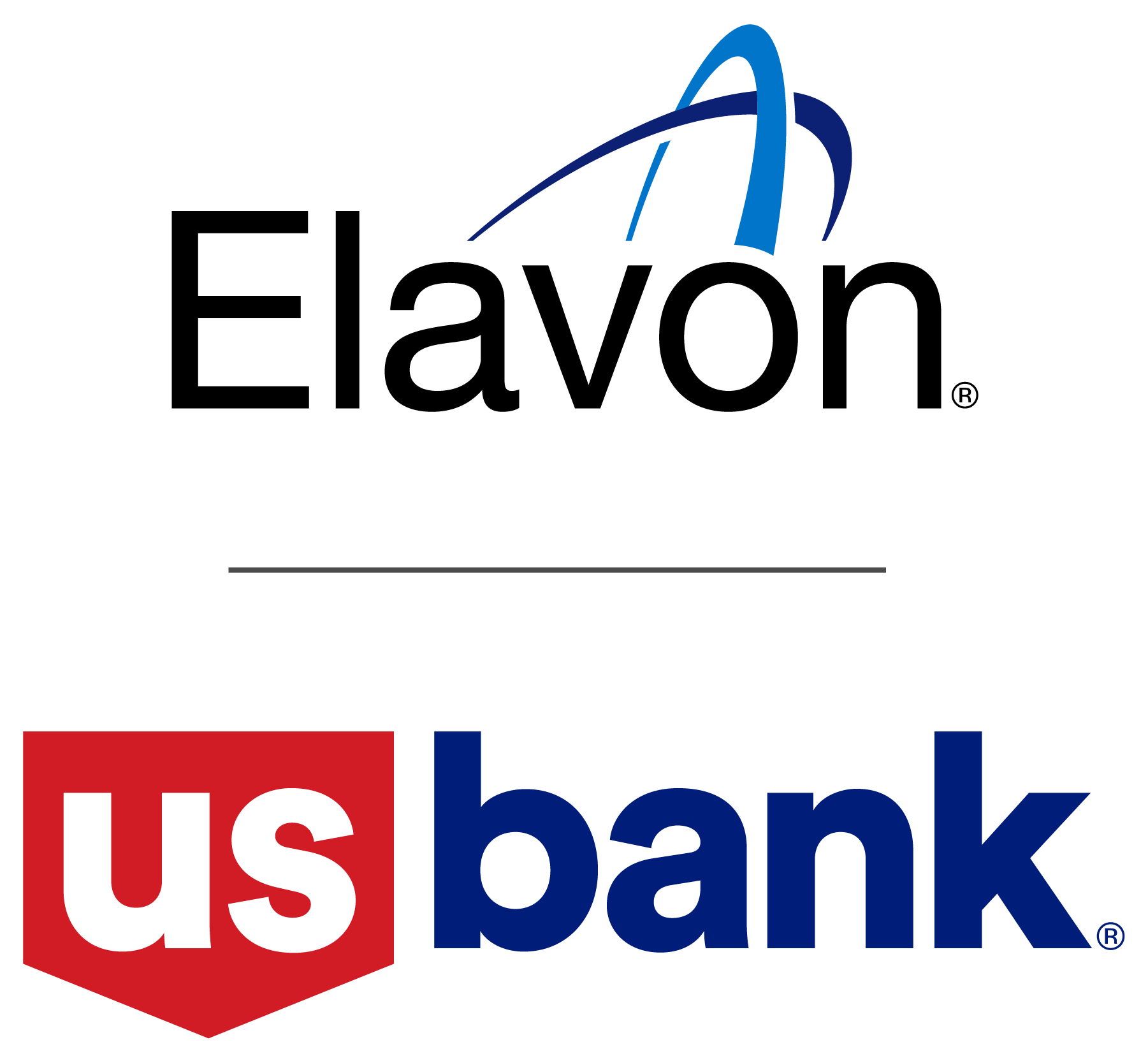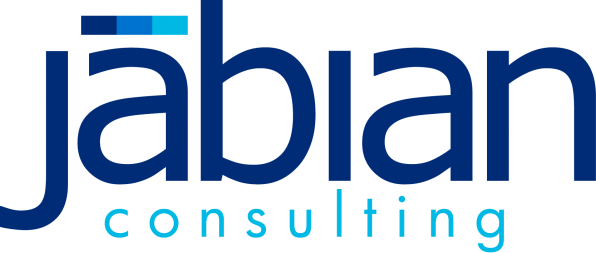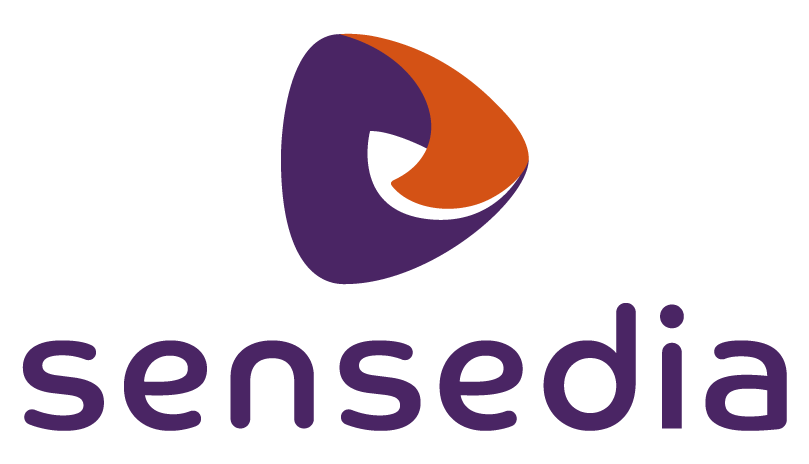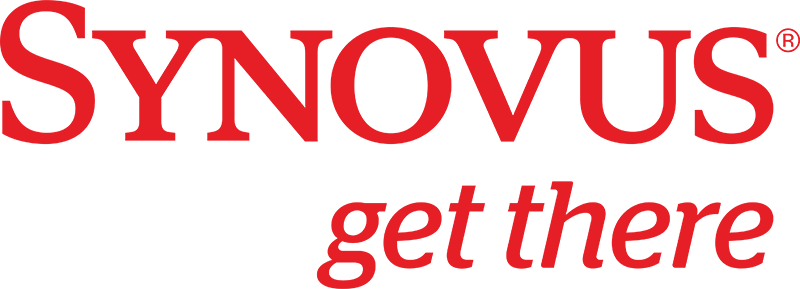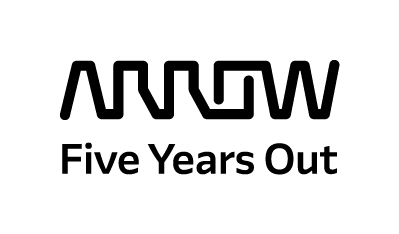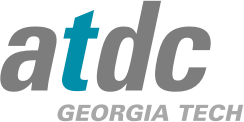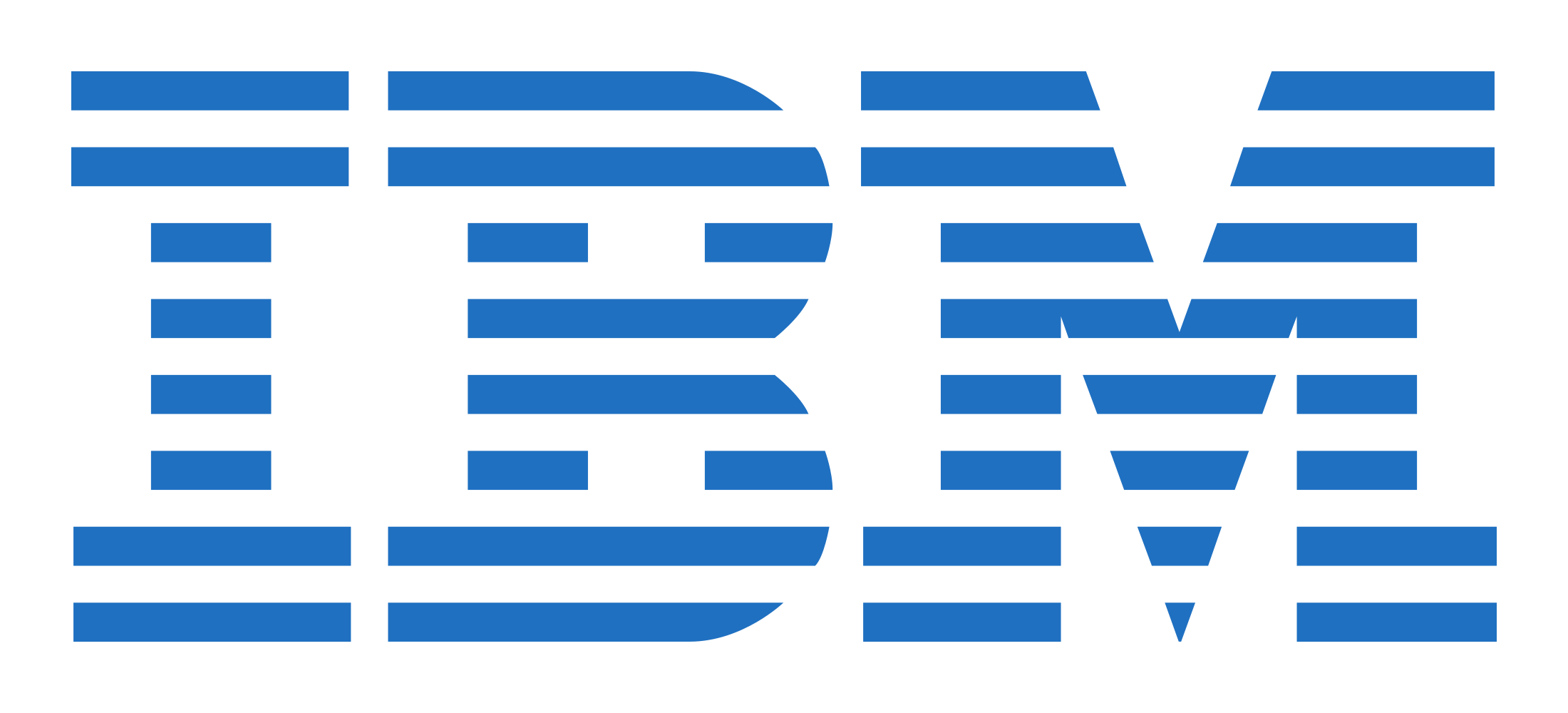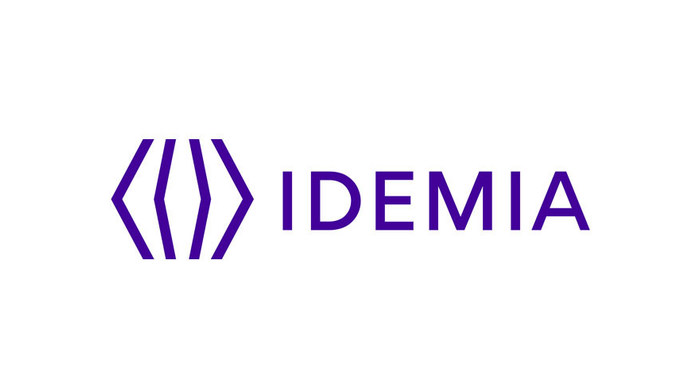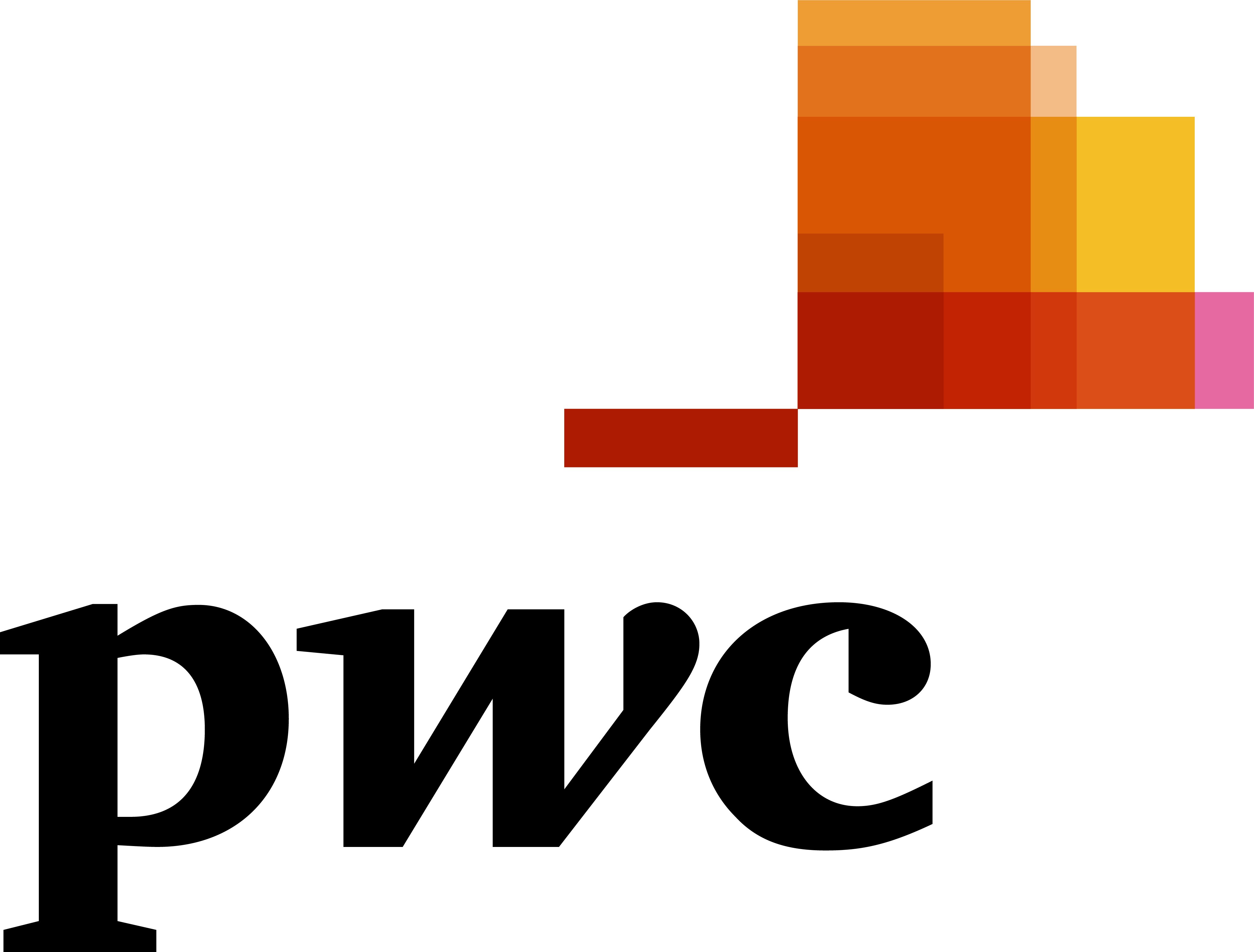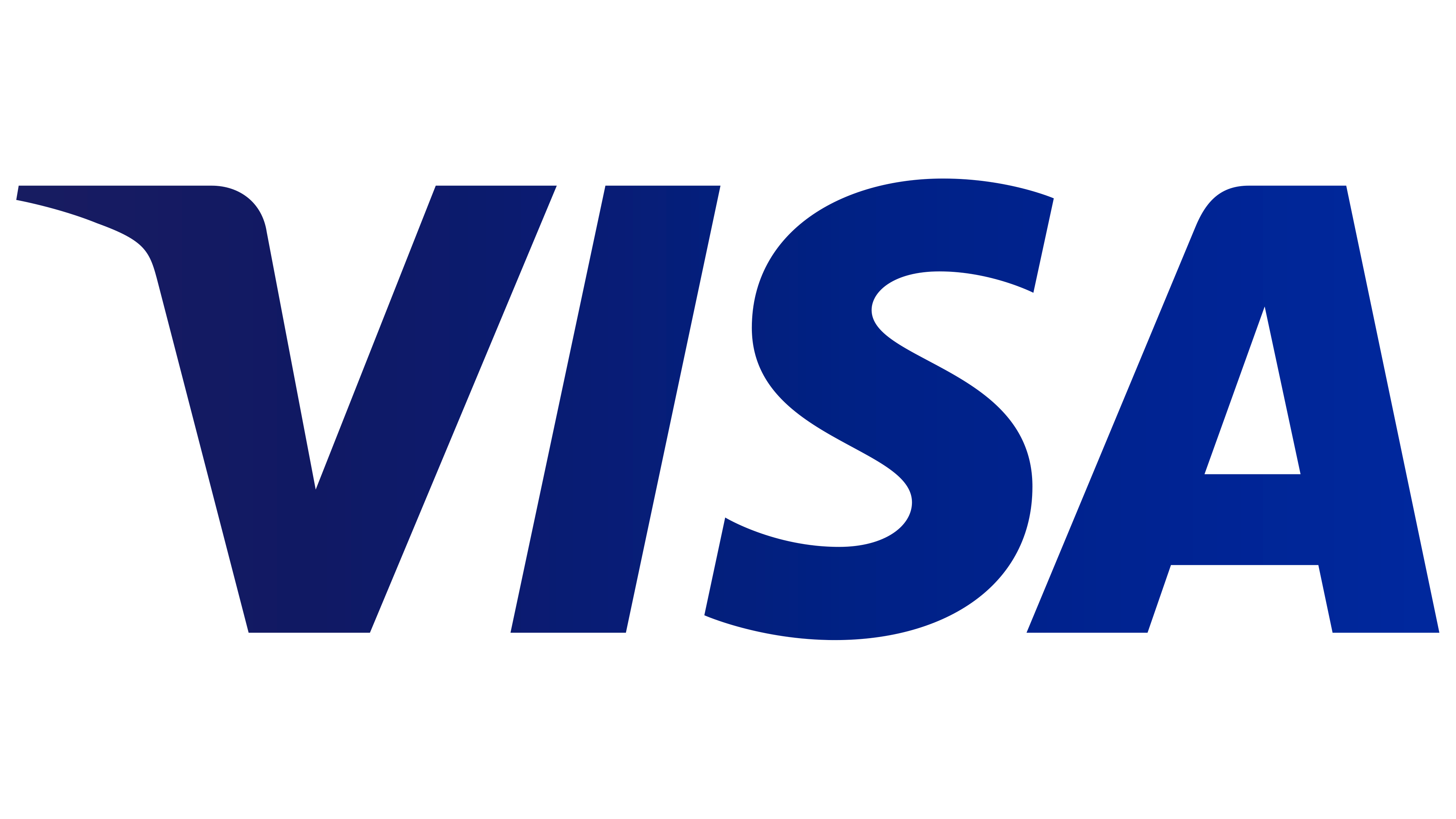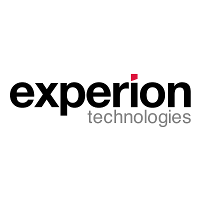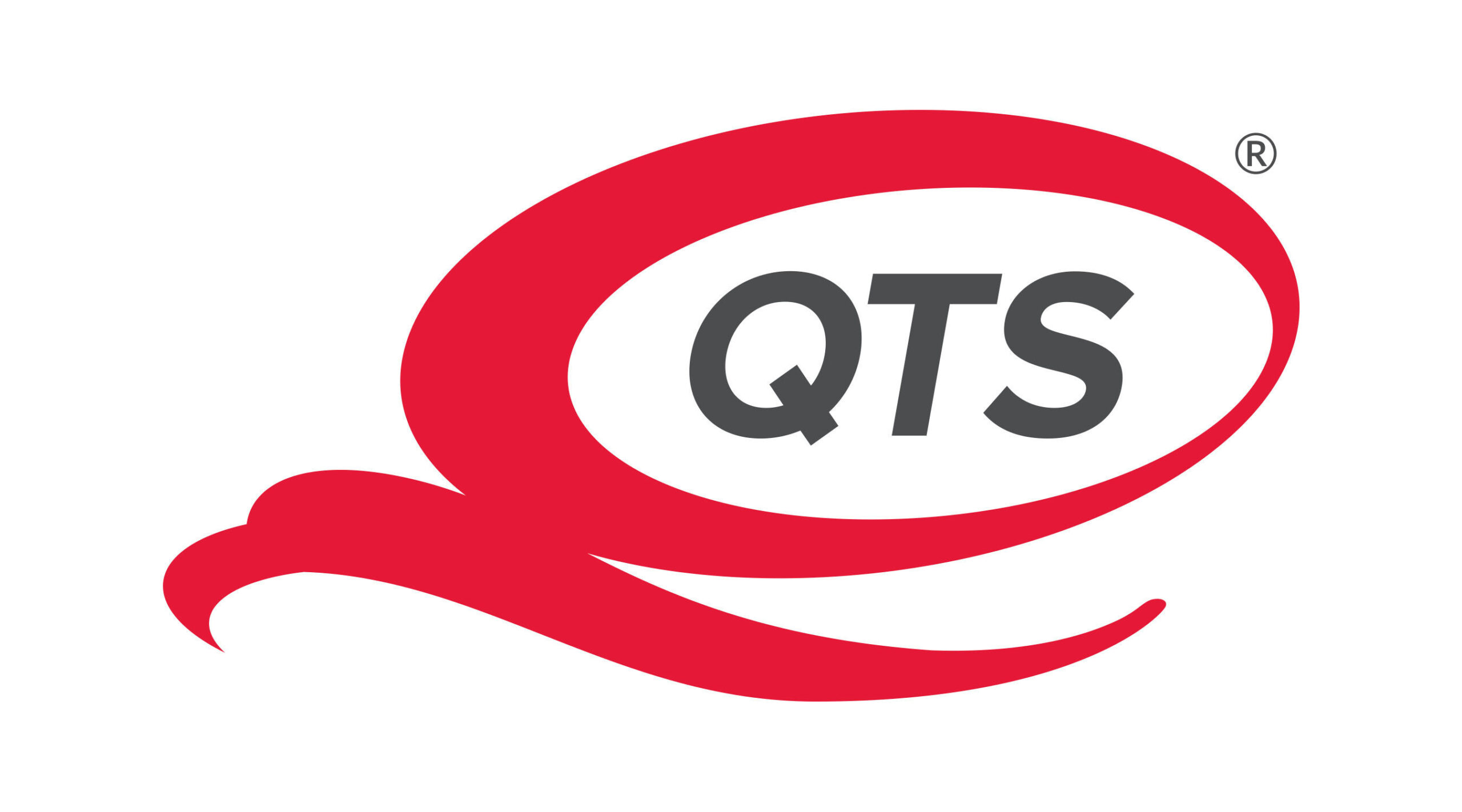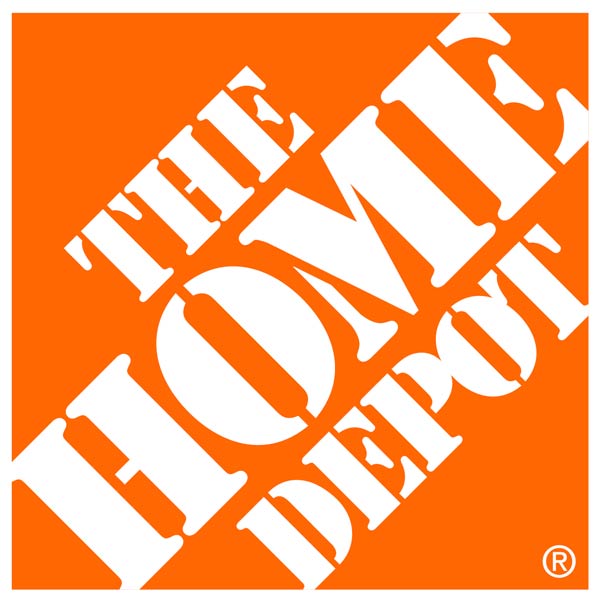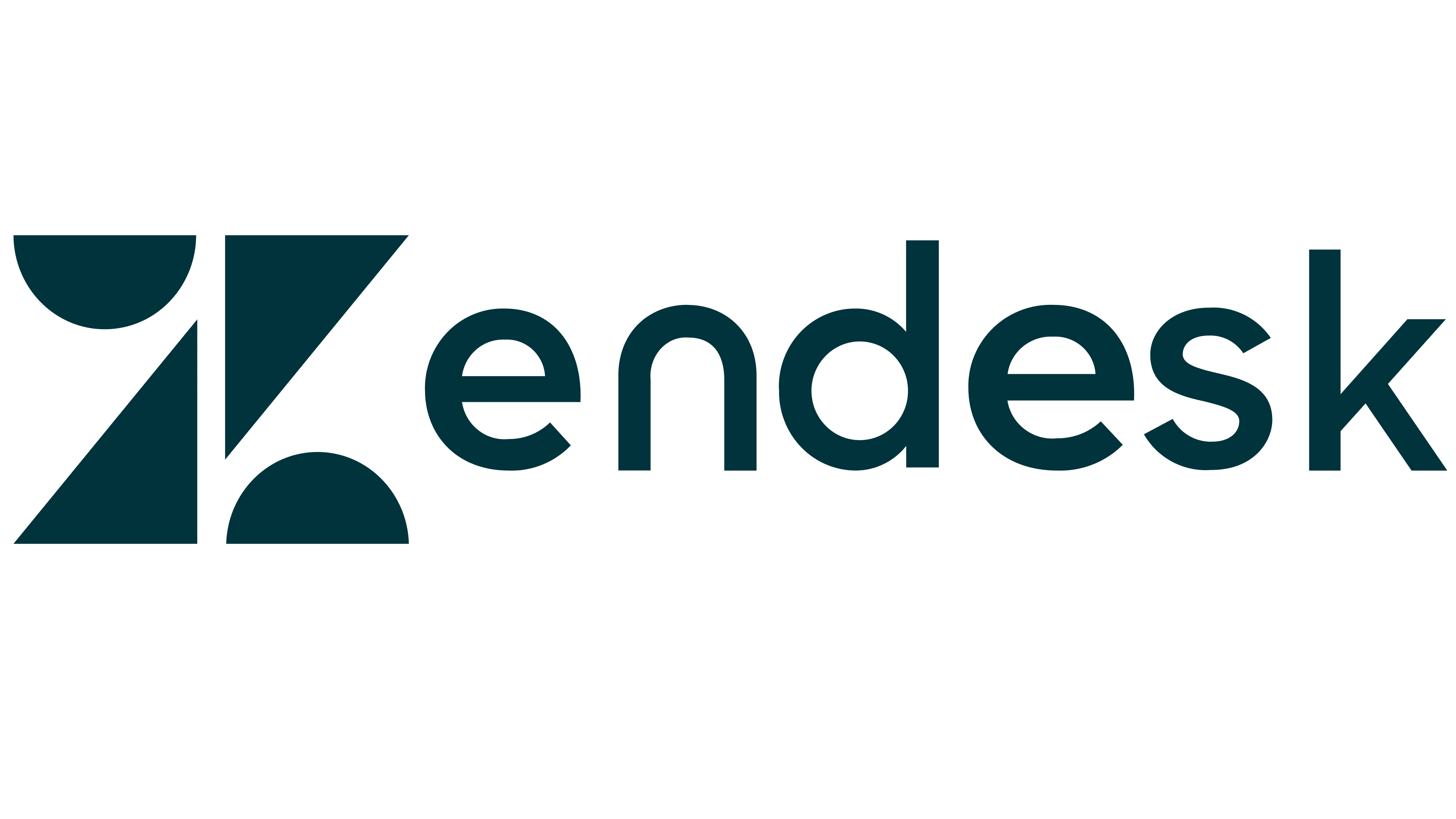By Larry K. Williams, president and CEO of TAG
When TAG members talk about 2022 there’s a lot of optimism in their words. Most people are amazed by the surge in deal flow and expect it to continue. Some are also cautious about the evolving mix of opportunities and risks. They ask: As the tech bull market roars ahead, is it starting to look a bit frothy?
This year TAG members should expect an ultra-tight market for tech talent, more supply chain bottlenecks, elevated cyberthreats, COVID uncertainty and the accelerated adoption of digital technologies fueling innovation and disruption of the status quo.
“A tsunami” of venture capital is driving much of this change, while boosting valuations of tech unicorns, or startups. “In 2021, the median early-stage valuation jumped 50% year over year to $45 million. This value represents a higher median than the late stage just a few years ago,” Pitchbook says. Last year was the best IPO year since 2000–the year the dot com bubble burst. Pitchbook warns aftermarket performance is a growing concern as tech unicorns are challenged to meet sky-high expectations.
I look forward to more conversations about these trends and the unveiling of a new cast of TAG Top 40 businesses at the Georgia Technology Summit April 26 and 27. Also on February 17 TAG will recognize the stars of the technology ecosystem at the 2022 TAG Technology Awards. Sign up for both events for the latest insights and great networking.
Below are three areas to watch as TAG helps members navigate an increasingly complex technology ecosystem.
Gaming: There was a flurry of deal activity in the video game industry in 2021 as game giants battled for dominance. Here are a few highlights:
- Microsoft bought Activision Blizzard for $68.7 billion—the largest game developer acquisition on record.
- Sony’s $3.6 billion bought game developer Bungie for $3.6 billion
- Take-Two Interactive, which owns “Grand Theft Auto” developer Rockstar Games, announced it would buy mobile game giant Zynga for $12.7 billion.
According to Pitchbook, the gaming industry transacted about $25.6 billion across 214 deals in 2021, and that number is likely to increase in the months ahead.
The pandemic has fueled gaming, and in 2022 the console market is expected to generate $81 billion, up 10% from last year, according to Deloitte. The industry is increasingly focused on online multiplayer gameplay, microtransactions, esports and subscriptions. Esports is also booming. FanDuel in Atlanta is moving into Ponce City Market and creating 900 jobs.
According to the Georgia Game Developers Association, the video game industry in Georgia generates $770 million in annual economic impact and accounts for about 4000 jobs.
Fintech: Fintech experienced dramatic growth during the pandemic. Investors are pouring money into fintech startups, driving top quartile late-stage valuation in 2021 above $1 billion for the first time, according to Pitchbook.
The future of fintech is being shaped by the following trends:
- Expanded contactless payments: MasterCard reported a 40% increase in the use of their mobile wallets during 2020–a trend that will continue.
- Just this week Apple announced Tap to Pay on the iPhone, as reported in TechCrunch. This is an industry gamechanger and will advance contactless payments.
- Digital-only banks: Thanks to advancements in artificial intelligence (AI), biometrics, online banking and cybersecurity, digital banking is now more convenient and secure than ever. The neobank sector was valued at $30+ billion in 2020 and is projected to grow 47.7% over the next eight years.
- Blockchain technology: Sure, it underpins bitcoin but there’s more to it. Blockchain is about decentralization in finance. The technology promises to revolutionize everything from storing information about customers or transactions to keeping track of financial records and more.
For more on this topic, join Fintech South June 14-15.
Information security: Ransomware attacks were up 150 percent last year, and no one expects these threats to ease. With ransom payments pouring in, cybercriminals are reinvesting in more sophisticated attacks. To protect their tech infrastructure, businesses will need to upgrade incident response tools, bring patches up to date and train employees to avoid clicking on phishing e-mails.
Another trend is zero trust, according to SHRM. In this framework, no user or device is given default access. Everyone must pass security protocols such as access control steps and user identity verification. Authenticator apps and codes sent to a smartphone are some of the ways zero trust is being implemented.
TAG, working with the National Technology Security Coalition, which we founded six years ago, is committed to advocating for federal policies to help members protect against cyberthreats while fostering trust needed to fuel the innovation economy.

